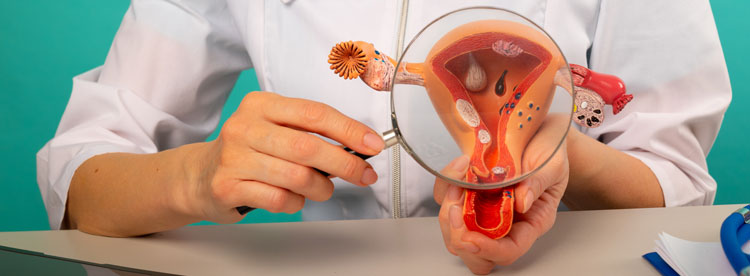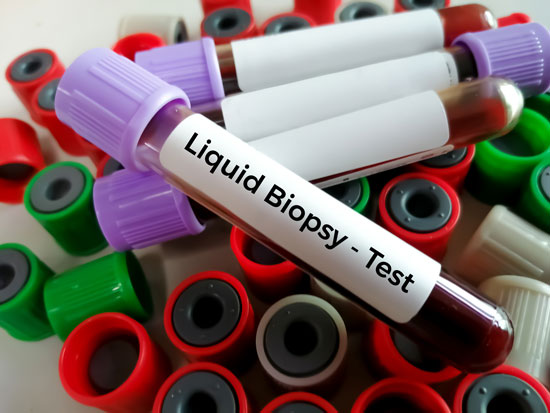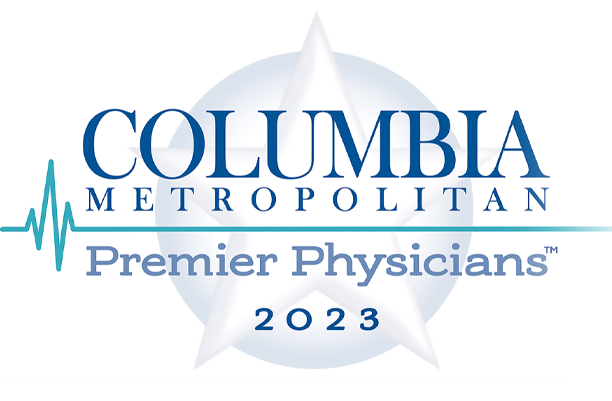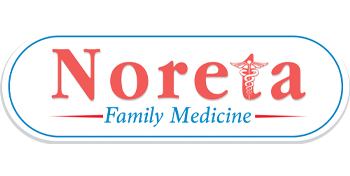Multi-cancer Detection Blood Tests
I’ve been getting more questions about whether there is a blood test to tell you if you have cancer. Several companies recently started marketing blood tests that screen for multiple different types of cancer, aka: multi-cancer detection tests, sometimes known as “liquid biopsies.” I first heard about the technology used in these tests about 5-6 years ago when I was learning about a stool test that looks for colon cancer at my previous practice here in Columbia, SC. Since that time, technology has advanced, and tests are now available that can look for multiple different cancers through a blood test. You are likely to hear more about these tests in the future, so I wanted to give an overview of them at their current stage of development. Of note, this is a very broad and general overview of this topic from a family medicine perspective. Please contact me or your primary care doctor for more specific and personalized health advice.

The holy grail of cancer treatment is early diagnosis. The earlier a cancer diagnosis is made, the more targeted and less invasive treatments can be. The hope is that fewer people will die from cancer. Many cancers don’t have effective screening tests, including the most aggressive ones like pancreatic and ovarian cancer. We diagnose many cancers once a patient has symptoms. In fact, the only cancers that we regularly screen for are breast, lung, colon, and cervical. Are you surprised? (Keep reading to learn the definition of what a screening test really is.) Ideally, instead of having your family doctor order/perform a mammogram, pap test, CT scan, and colonoscopy, there would be one blood test that could diagnose multiple different cancers. It turns out that there are 18 of these tests either on the market or in development that can detect between 3-12 types of cancer. These tests work by detecting cancer DNA, changes in your own DNA, RNA, or proteins. Sound amazing? Maybe. But wait, there are many things to consider….
- We don’t know if they are able to detect cancers in an earlier stage than we may otherwise find them. Cancer still needs to be fairly advanced to cause changes in the blood that can be detected by these tests. This leads to another limitation –
- If the test comes back negative, does that mean you don’t have cancer or just that you don’t have advanced cancer? If the test comes back positive, yet nothing is seen when you have follow-up imaging studies, then what do we do?
- None of these multi-cancer tests have been studied to see if they decrease the number of people dying from the cancers they are trying to detect.
Perhaps I should take a time-out to define what a screening test. A screening test is a test done looking for a disease when you have NO SYMPTOMS. Some of you may know this definition well. Have you had a colonoscopy due to rectal bleeding and thought that your insurance company would pay 100% because they say they cover screening colonoscopies 100%? Did you then receive a big bill afterwards? Your insurance company did not cover the colonoscopy as a screening test because you had a symptom and the test was no longer considered to be a screening test. When scheduling mammograms, women are always asked if they have any breast symptoms. If they answer yes, they are told they cannot have a SCREENING mammogram and need to talk to a doctor first.
My opinion on these multi-cancer detection tests is extremely guarded right now. Most of these tests have not been approved by the FDA. However, with more research and planning, these tests may be very useful in the future, especially to primary care physicians and patients. Once more guidance is given on
- Who should be screened with the test
- What to do with the results of the test
- How often to order the test
- How accurate the results are
- The degree of improvement in patient outcomes
I will feel better about considering them. And as a patient, it is always a good idea to ask how a test will benefit you, and what the risks are. It is amazing how far medical technology has taken us though!

Want to learn more about what makes a good screening test? https://journalofethics.ama-assn.org/article/what-makes-screening-exam-good/2006-01
Want to learn more about multi-cancer detection tests? https://prevention.cancer.gov/major-programs/multi-cancer-detection-mcd-research/questions-and-answers-about-mcd-tests
Have a good week! Feel free to contact me with any questions.
Melissa Boylan, MD, FAAFP
Family Physician and Owner of Noreta Family Medicine

